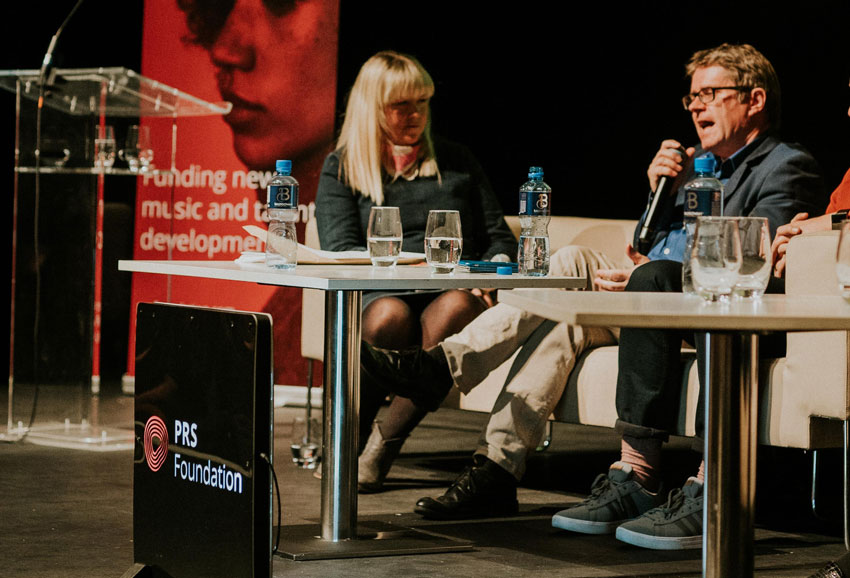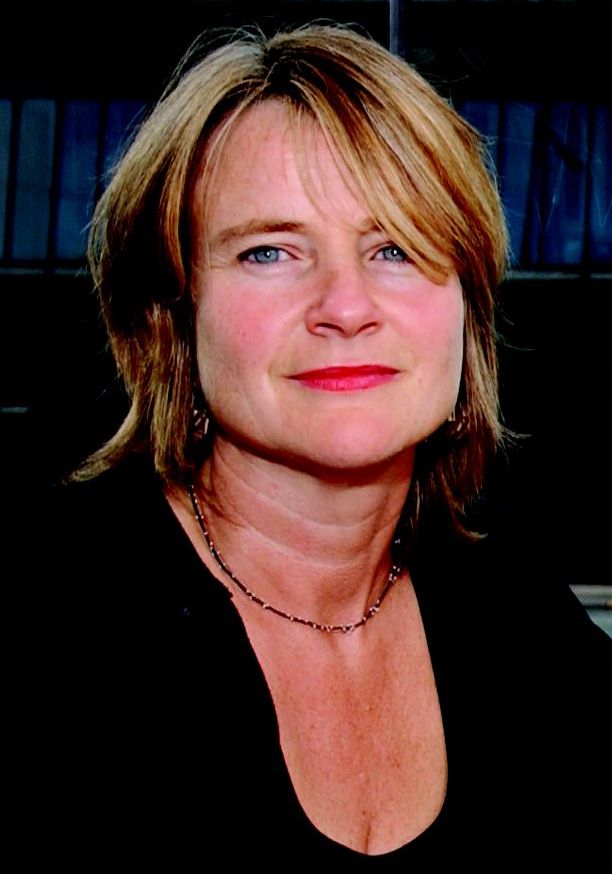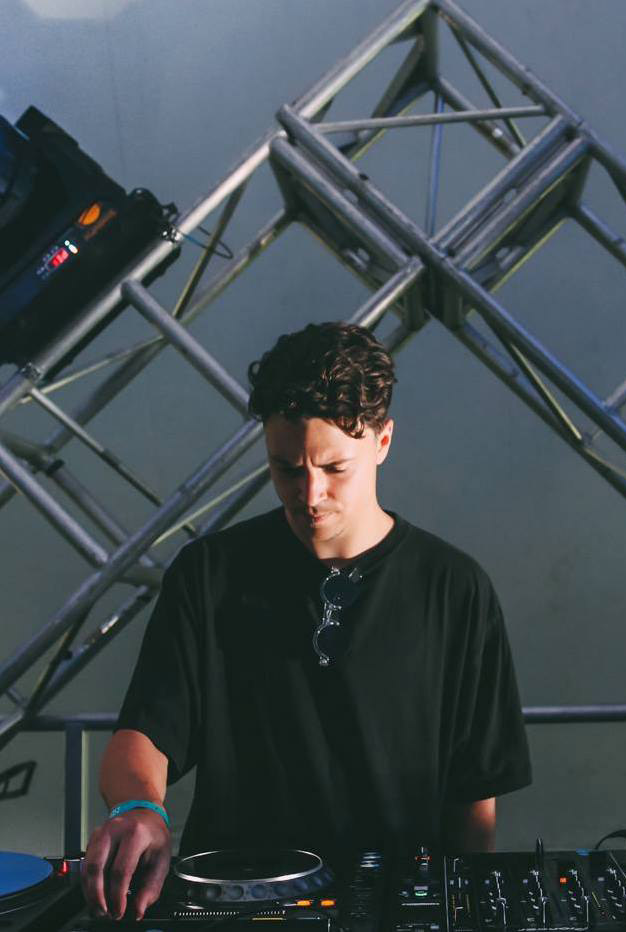Music Cities – Can a branding exercise be considered a catalyst for true change?
I attended PRS Foundation’s Talent Development Conference as a theme expert, and I thoroughly enjoyed the day’s panels. Amongst all the lively debate in the auditorium and in the breakout spaces, a brief discussion arose concerning the validity of the ‘music city’ movement – can a branding exercise be considered a catalyst for true change?
Of course, from my perspective, I would argue that that is a reductive way of looking at it. When a city declares itself a ‘Music City’, it is broadcasting its intentions to the world. You can’t call yourself a Music City and then allow ten local venues to shut, or music education in schools to decrease.
As well as being an aspirational, the Music City ‘tag’ is also a catalyst for change amongst policy makers, as MP Kevin Brennan said on one of the panels. It allows different groups with similar interests, but working in hyper-competitive fields, to work toward shared objectives.
It always amazes me how many roundtables we organise in different cities with various groups (venues, promoters, arts organisations, etc.) that have never met one another before. They soon realise that although they might be competing for the same audience, or artists, they have a lot more issues in common than they thought. So when it comes to negotiating artists’ parking, or adverse licensing conditions, for example, their collective voice is much stronger as a result.
I do take the point – if ‘Music City’ is used simply as a political slogan, then very little will ever come of it, and it will lose its value. However, if the term is used to describe the process in which a city identifies a way to map, protect, and grow its music ecosystem – whilst considering all the cultural, economic, and political factors at play – then I’m all for it.

Reflections from our Theme Experts and Vanessa Reed



Alongside Vanessa’s reflections are blog posts from our three Theme Experts who followed the conversations and debates during the conference and reported back at the end of the day…
- Bridging the Gap – written by Urban Development’s Zakiya Bale
- Beyond Education? – written by Debra King from Brighter Sound
- Investing in the Future – Reflections from PRS Foundation’s CEO, Vanessa Reed

